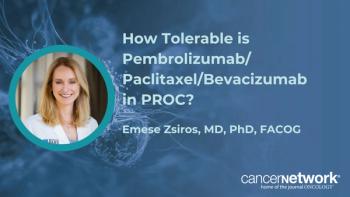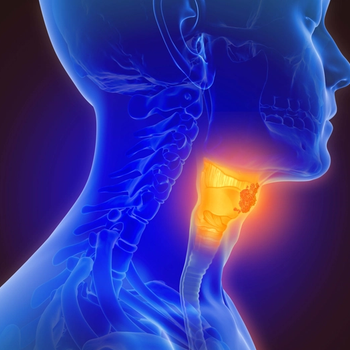
Oncology NEWS International
- Oncology NEWS International Vol 4 No 6
- Volume 4
- Issue 6
Researchers Seek Pleural Effusions And Tissue to Create MCB Cell Lines
BOSTON, Mass--Under a grant from the US Army Breast Cancer Program, Harvard researchers are attempting to create medullary carcinoma of the breast (MCB) cell lines as part of their immunologic studies. There is currently only one line in the world for this infrequent tumor. "We are especially interested in pleural effusions (or ascites)--the best source to make cell lines--but will also use fresh, unfixed tumor tissue, and will pay all shipping costs," said investigator Richard Junghans, PhD, MD.
BOSTON, Mass--Under a grant from the US Army Breast Cancer Program,Harvard researchers are attempting to create medullary carcinomaof the breast (MCB) cell lines as part of their immunologic studies.There is currently only one line in the world for this infrequenttumor. "We are especially interested in pleural effusions(or ascites)--the best source to make cell lines--but will alsouse fresh, unfixed tumor tissue, and will pay all shipping costs,"said investigator Richard Junghans, PhD, MD.
Departments are asked to post the request, which remains in effectuntil January 1, 1998. Prior to thoracentesis, or, when possible,tumor excision, please call Dr. Junghans or Dr. P. Telleman at617-632-0943; fax: 617-632-0998. (The MCB cell line is from theArmed Forces Institute of Pathology, Atlas #67-1-42.)
Articles in this issue
over 30 years ago
IDEC-C2B8 Antibody Is in Phase III Testing for B-Cell Lymphomaover 30 years ago
Dr. Peters Named Head of the Michigan Cancer Foundationover 30 years ago
Broad-Spectrum Sunscreens Block UVA and UVBover 30 years ago
Trials of AccuSite Injectable Gel From Matrix Begin in Basal Cell Caover 30 years ago
Outpatient ABMT at Duke Leads to Savingsover 30 years ago
Algorithm Optimizes Value of CA125 II Screening for Ovarian Caover 30 years ago
Better Ovarian Cancer Outcome With IP Cisplatinover 30 years ago
Epirubicin Effective But Toxicity Is IncreasedNewsletter
Stay up to date on recent advances in the multidisciplinary approach to cancer.










































